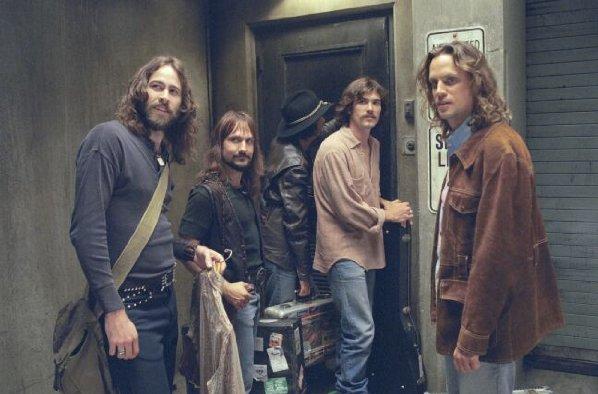| Academy Award Nominations and Winners: |
| Best Supporting Actress: Kate Hudson |
| Best Supporting Actress: Frances McDormand |
| ★ | Best Original Screenplay: Cameron Crowe |
| Best Film Editing: Joe Hutshing and Saar Klein |
|
| Golden Globe Nominations and Winners: |
| ★ | Best Picture (Musical/Comedy) |
| ★ | Best Supporting Actress: Kate Hudson |
| Best Supporting Actress: Frances McDormand |
| Best Screenplay: Cameron Crowe |
|
| Other Awards: |
| Los Angeles Film Critics Association: Best Supporting Actress (McDormand; also cited for Wonder Boys) |
| Boston Society of Film Critics: Best Picture; Best Director; Best Supporting Actress (McDormand; also cited for Wonder Boys); Best Screenplay (tie) |
| British Academy Awards: Best Original Screenplay; Best Sound |
| Satellite Awards: Best Supporting Actress, Musical/Comedy (Hudson) |

